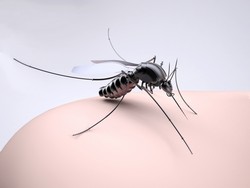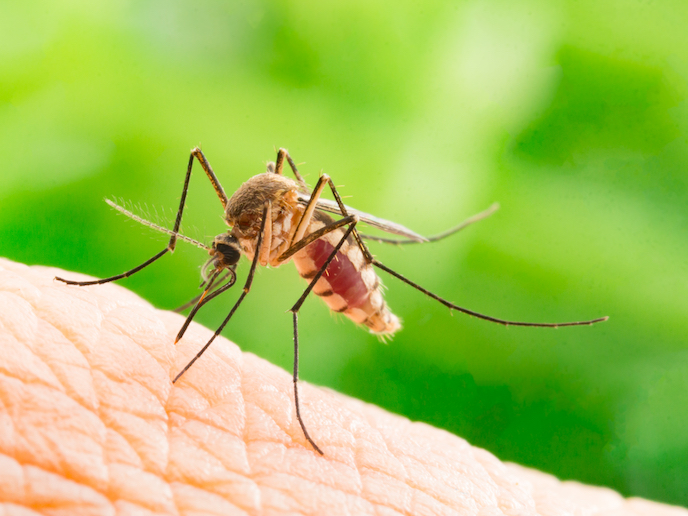New tools for malaria control
Recent years have witnessed a dramatic scale-up of resources and increase in the degree of national and international commitment to malaria control. The number of malaria deaths in Africa has been halved due to mosquito vector control interventions such as long lasting insecticidal nets (LLIN) and indoor residual spraying (IRS). Not all African malaria vectors prefer humans to animals, and these are thus, not as amenable to control by conventional methods. There is an imminent need to determine the epidemiological behaviour and diversity of active malaria vectors in Africa and also develop interventions that tackle outdoor malaria transmission. A further threat to the efficacy of current malaria control interventions comes from the emergence of insecticide resistance in malaria vectors. The EU-funded AVECNET(opens in new window) (African vector control: new tools) project addressed the sustainability of African malaria vector control. The study invested in the design and evaluation of new control tools after studying mosquito behaviour, insecticide resistance and the impact of both on the performance of a portfolio of anti-malaria tools. To improve the efficiency and safety of vector control, researchers generated new tools for measuring mosquito behaviour such as resting and host seeking. These led to a better understanding of the biology and the population dynamics of mosquito vectors transmitting malaria in Africa. Collectively, these culminated in the production of a new patented LLIN bednet design, the development of new IRS formulations and delivery methods with immediate translational potential. The verdict on the threat of insecticide resistance against efforts to eliminate malaria led to new World Health Organisation regulations that stress the importance of resistance management strategies. On another note, the consortium accelerated the commercialisation of developed products and also strengthened resource infrastructure at the African partner institutes. Importantly, the network improved the rigour of vector control trials and actively engaged relevant stakeholders to take up vector control tools. Overall, the tools that are effective against insecticide-resistant populations of mosquitoes are expected to further improve malaria statistics.







